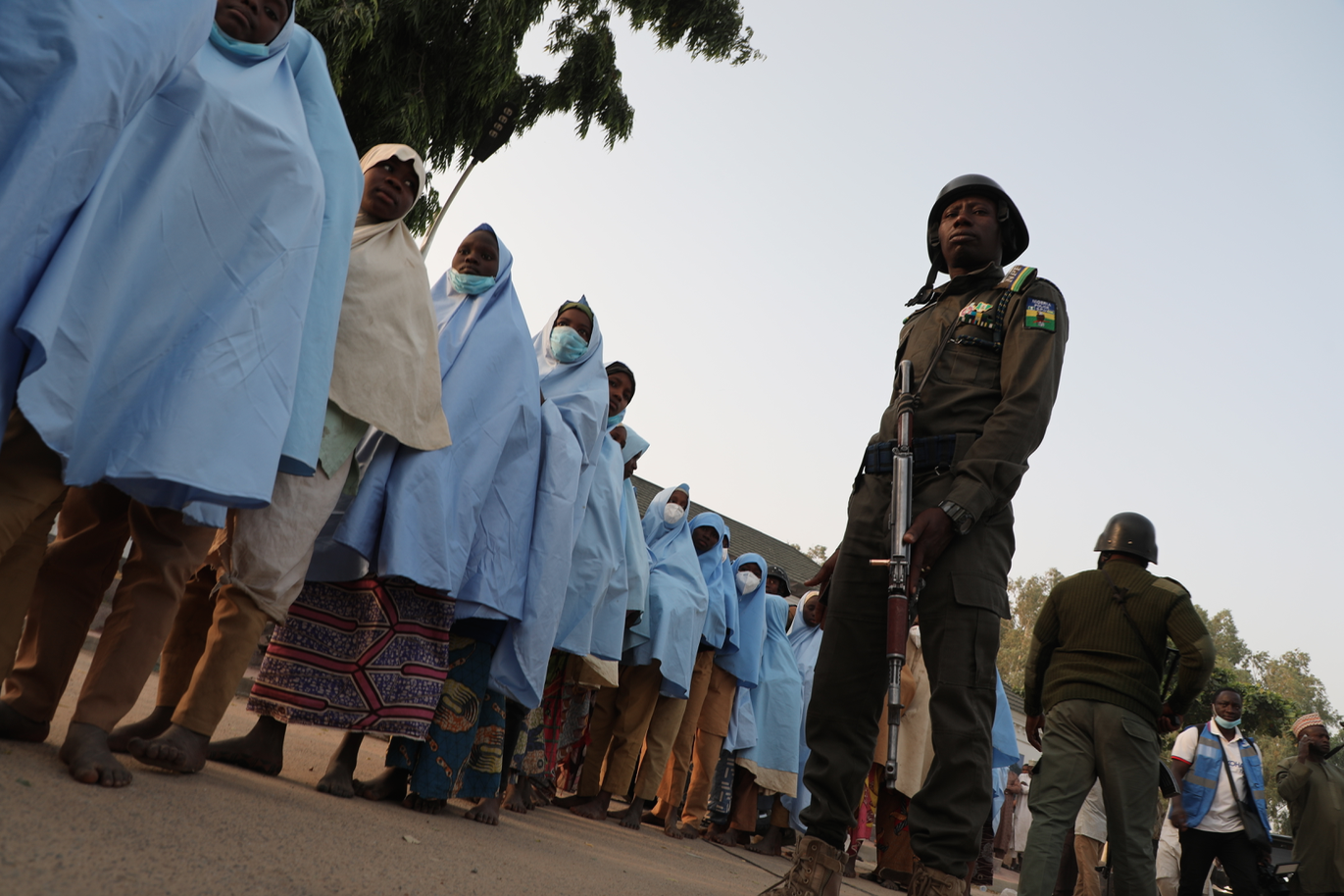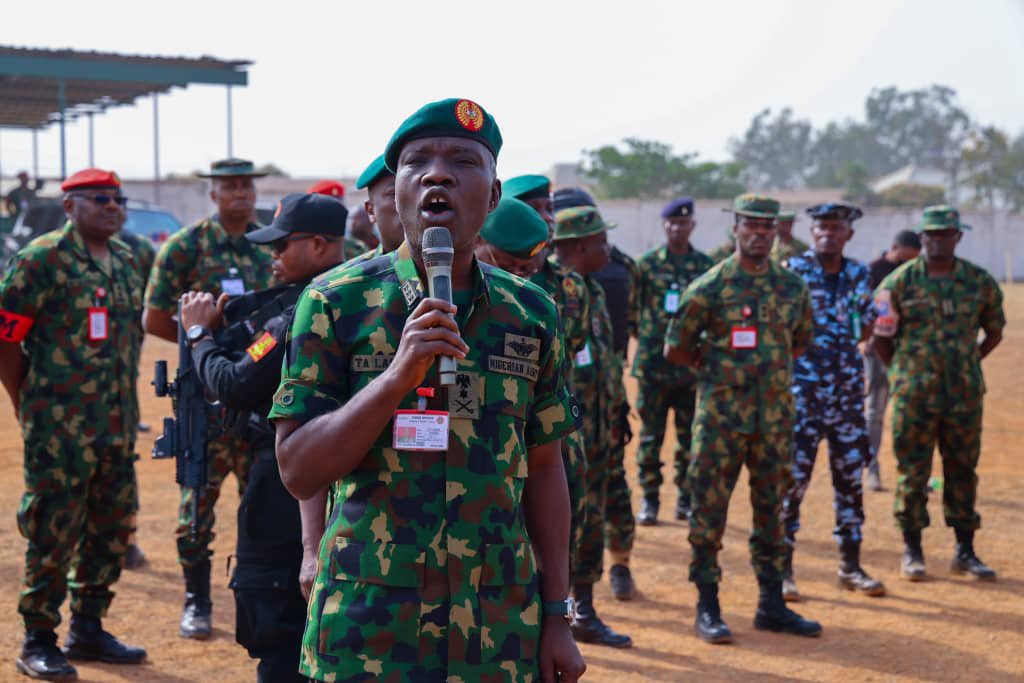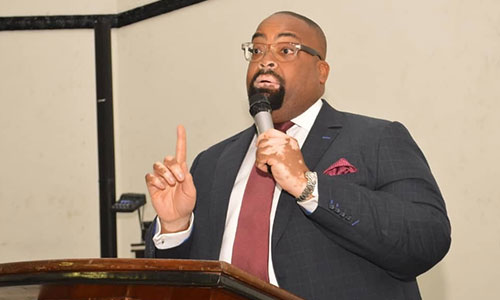Exactly ten years ago, terror struck a school in northern Nigeria when heavily armed men, famous for killing, abduction and displacement of citizens, whisked away about 276 girls from their dormitories in Chibok area of Borno state.
Since that dreadful day on April 14, 2014, many schools across the country have been attacked and hundreds of students have been abducted, some held captive for a lengthy period of time.
It has been a decade since the Chibok abduction and at least 93 of the schoolgirls are still in captivity as of early 2023, according to the United Nations Children Fund (UNICEF).
While some of the girls escaped from their Boko Haram captors, a reasonable number of the girls who are still held as hostages have now been married off to their captors, and some have become mothers who were, over time, forced to adapt to life in the forest.
Advertisement
In the case of Yana Pogu, one of the Chibok girls rescued eight years after abduction, she was welcomed home with four children, including a set of twins.
In April 2023, Hauwa Maltha, one of the Chibok girls, was also rescued with pregnancy and a three-year-old child.
Education was not the only thing the Boko Haram insurgents snatched from the girls; their youthful exuberance was also taken away.
Advertisement
MORE THAN A DECADE OF ATTACKS BY BOKO HARAM
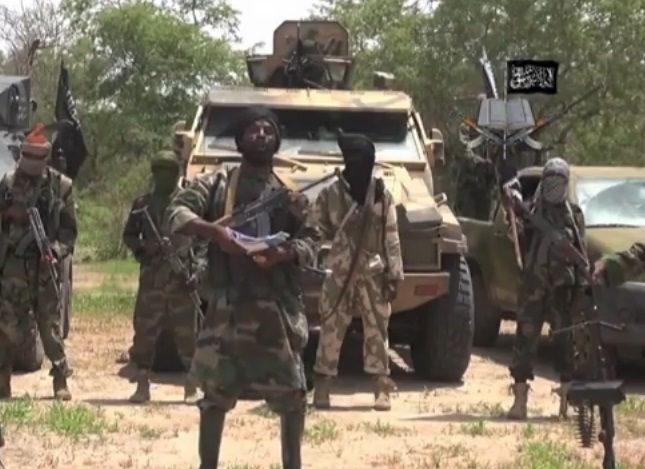
Boko Haram started as an element of disdain for Western education and continued advocacy for its abolition in the north-east part of Nigeria in 2009.
The Boko Haram ideology grew in magnitude as more people joined the course and over time, it transformed into a group fixated on completely aborting western learning system.
The movement turned violent when the group started targeting men and women in different ways. While the men were the majority who died from the attacks and also got recruited into the terrorist group, women and children were abducted and also made up 80 percent of the displaced population.
Advertisement
The year 2014 and 2015 were regarded the deadliest years of violence by the insurgent group in Nigeria.
According to the United Nations Development Programme (UNDP), nearly 8,000 fatalities were recorded in 2014 and 9,000 in 2015. It was also the year the Chibok girls were kidnapped and 29 boys massacred in Federal Government College, Buni Yadi in Yobe state.
Boko Haram was declared the deadliest terror group worldwide and the government declared a state of emergency in Borno, Adamawa and Yobe – the three worst affected states in 2014.
According to UNDP, Boko Haram has caused over 34,000 deaths in Borno, Adamawa and Yobe states from 2009 till 2020.
Advertisement
ABDUCTED GIRLS WHO BECAME SEXUAL PREYS
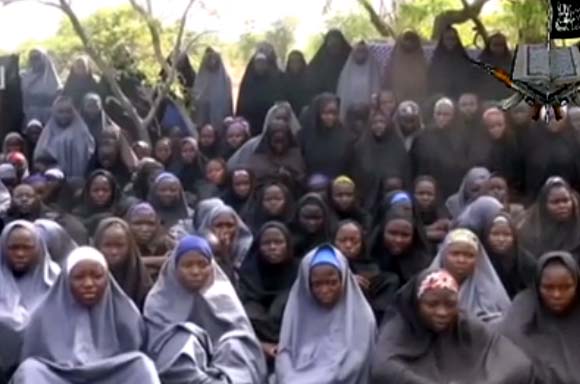
Since 2014, more than 15 schools have been attacked by Boko Haram terrorists and bandits across the country.
Advertisement
After the abduction in Chibok, more girls-only schools have been targeted, while more girls have also been abducted in mixed schools.
In February 2018, terrorists stormed Government Girls’ Science and Technical College (GGSTC) Dapchi in Yobe state and kidnapped 110 schoolgirls.
Advertisement
Two years later, the terrorists group reconvened at the Government Girls Science Secondary School in Jangebe, Zamfara state and took away 317 students. The majority of them were girls.
The following year did not give the students of Federal College of Forestry Mechanisation, Afaka, Igabi LGA of Kaduna state, the full privileges of learning in their school. Gunmen invaded the institution in large numbers and took 23 girls and 16 schoolboys hostage for 58 days.
Advertisement
In May 2021, the trend crept into Tegina town as bandits whisked away over 150 pupils of Salihu Tanko Islamiyya School in Rafi LGA of Niger state.
Photos of the released students showed there were more girls among the abducted pupils. In April 2021, about 20 students – both male and female were kidnapped from Greenfield University in Kasarami village, Chikun LGA of Kaduna state.
In an attack on Federal Government College, Birnin Yauri, Kebbi state, over 100 students were abducted. When some of the students were released, the terrorists kept 11 girls in their camp as “wives”. Some of them also had children for their abductors whom they were forced to marry.
Another abduction that shook the country occurred recently on March 7, 2024. At least 137 students of Government Secondary School Kuriga in Chikun LGA of Kaduna were kidnapped by bandits who invaded the school.
The students, who were later rescued, comprised 78 females and 61 males. Although the Kaduna government said the students were 280 in total, Edward Buba, director of defence operations, argued that the figure of the kidnapped children was 137.
According to the 2020 UNDP assessment on the impact of conflict in the country, both boys and girls are targeted during attacks by terrorists, but majority of schoolgirls survive as they are targeted for abduction, while the boys are often killed.
While there are more abduction of schoolchildren across the country and about 1,119 abducted from 2014 to 2021 in the north, the abductions highlighted above indicate that more than 500 schoolgirls have been abducted in the past ten years.
Meanwhile, Save the Children International, in its 2022 report, said more than 1,680 schoolchildren have been kidnapped in Nigeria since 2014.
Some non-governmental organisations have reported that insecurity has caused a large percentage of schoolgirls in Nigeria to feel unsafe while going to school.
The United Nations Children Fund (UNICEF) said out of the over 18 million out-of-school children in Nigeria, 10 million are girls.
IMPACT OF ABDUCTION ON SCHOOL GIRLS
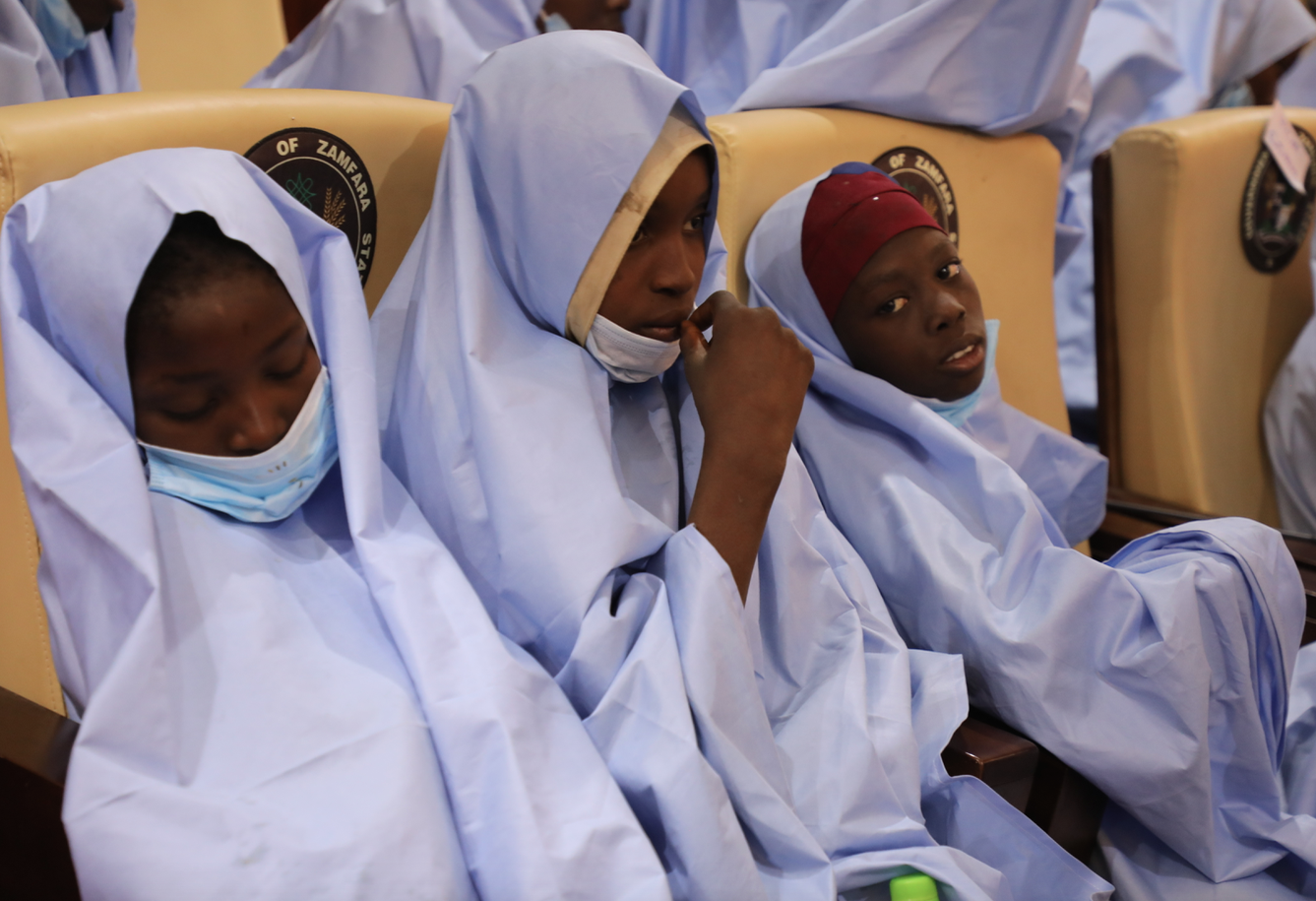
According to a 2022 report by the Partnership to Engage, Reform and Learn (PERL), a programme funded by the Foreign, Commonwealth and Development Office of the UK, 70 percent of girls in Jigawa feel unsafe in their commute to school.
The report listed insecurity as one of the major causes of girls dropping out of school in Kaduna and Jigawa states.
An estimated 1.8 million women and girls have been displaced across camps in Nigeria. According to Osai Ojigho, director of Amnesty International Nigeria, insurgency has caused many women to suffer sexual abuses and human rights violations.
“As Boko Haram continue their relentless cycle of killings, abductions and looting, they are also subjecting women and girls to rape and other sexual violence during their attacks. These atrocities are war crimes,” Ojigho said.
2014 SAFE SCHOOL GOVERNMENT POLICY
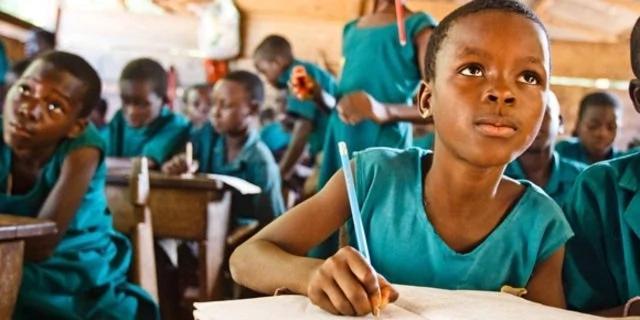
In May 2014, the federal government launched the Safe Safe Initiative in joint efforts with the United Nations Special Envoy for Global Education .
The initiative was inaugurated after the Chibok girl’s abduction to provide safety in Nigerian schools.
In December 2019, former President Muhammad Buhari signed the safe school declaration ratification document with N144.8 billion safe school financing plan allocated in December 2022.
Implementation of the initiative stalled as only 528 schools have enrolled with the centre across the country.
Speaking during an interview recently, Halima Iliya, national coordinator, financing of safe school initiative, said funding has been made available for the implementation of the programme.
“We can not say there is no allocation at all for safe school; implementation started late last year. We have fundings available that are yet to be utilised,” Iliya said.
“It is ongoing and this agencies have resources for last year that they are still holding unto.
“Resources were not released timely at the point of the flag-off; that is why you may not feel the impact. The implementation commenced fully at the end of 2023.
“The government has provided the resources. N15 billion has been released to these implementing agencies. The implantation is ongoing.”
Add a comment
